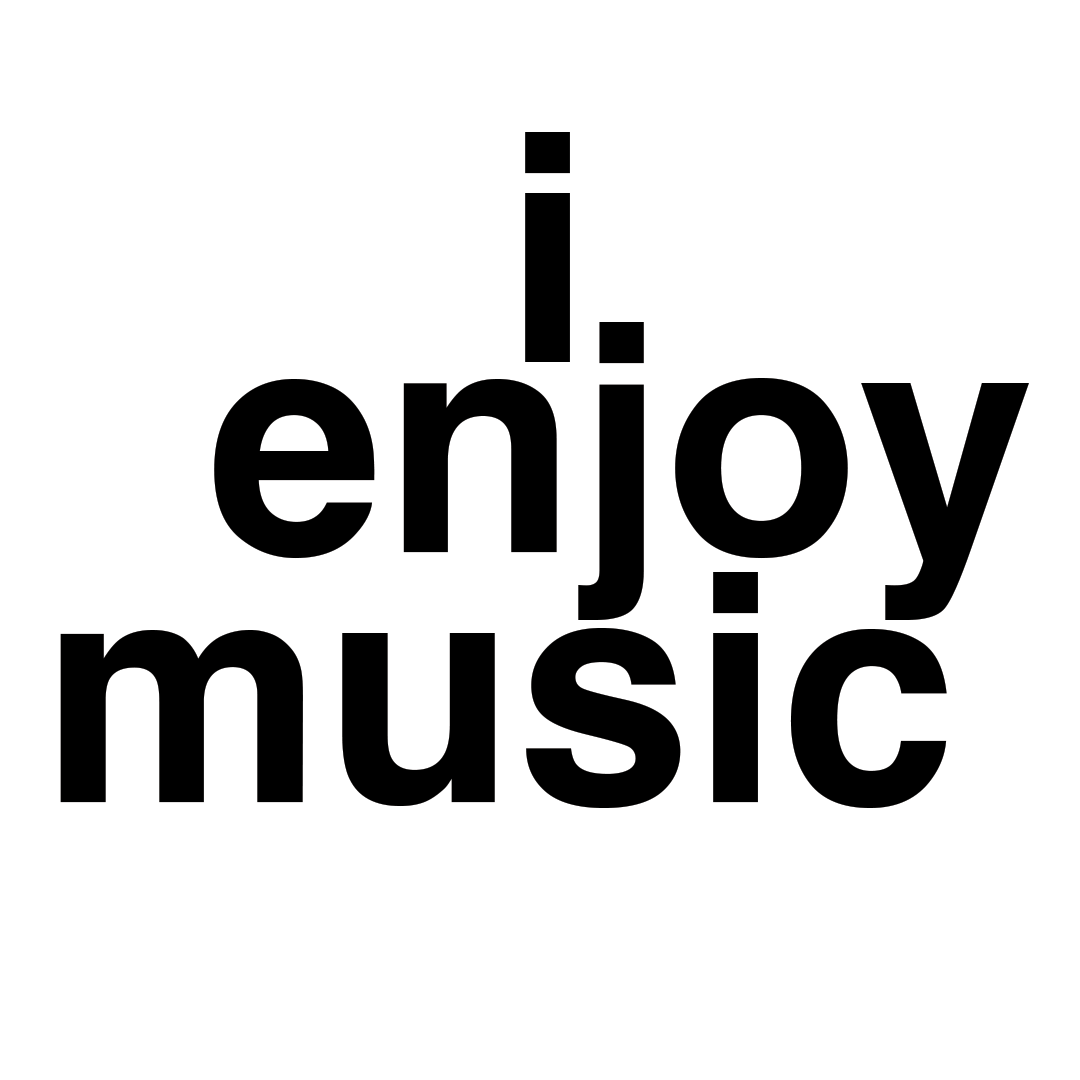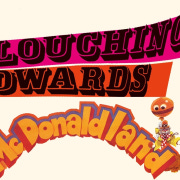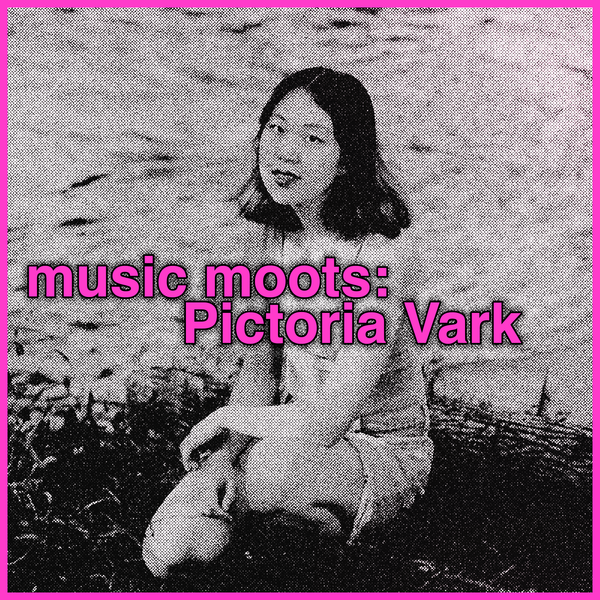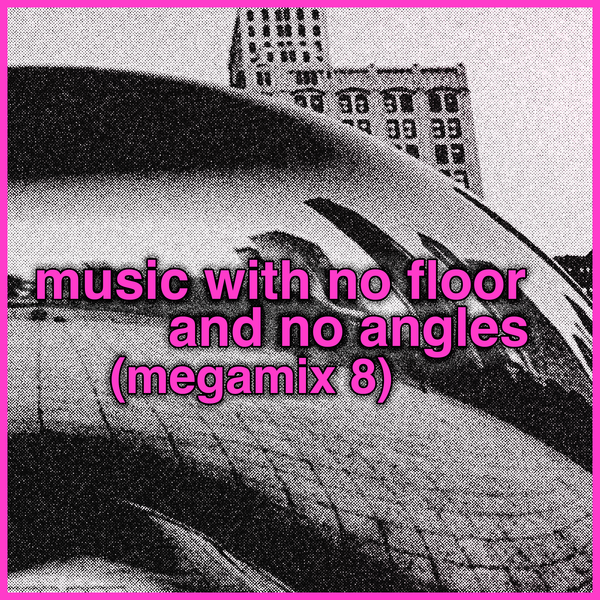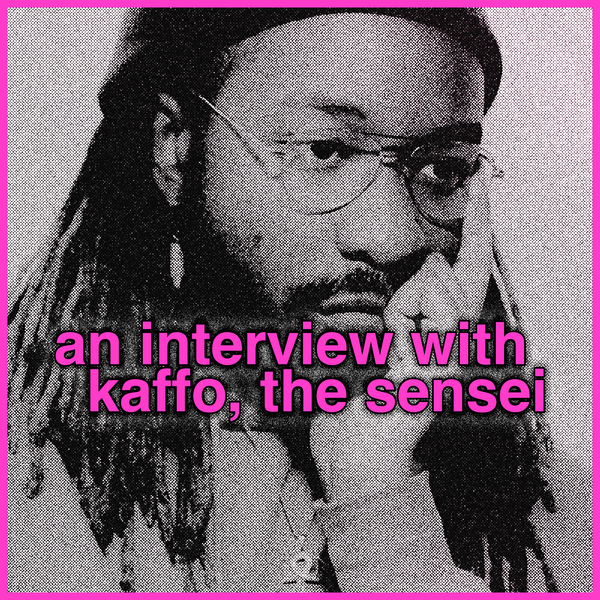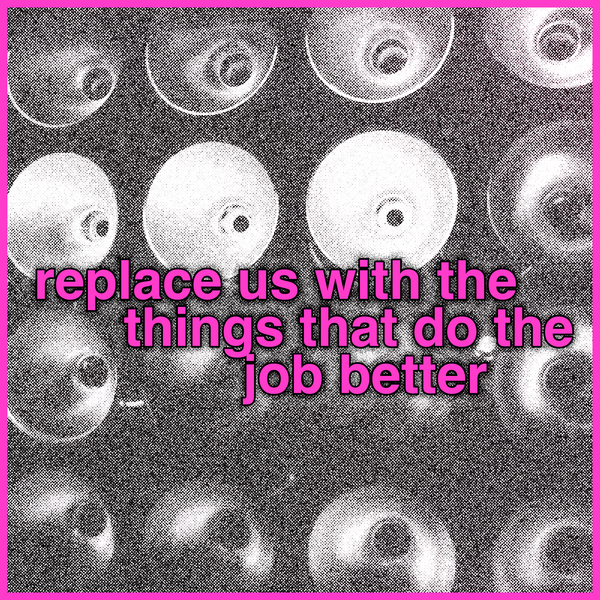an ode to The Vulgar Boatmen
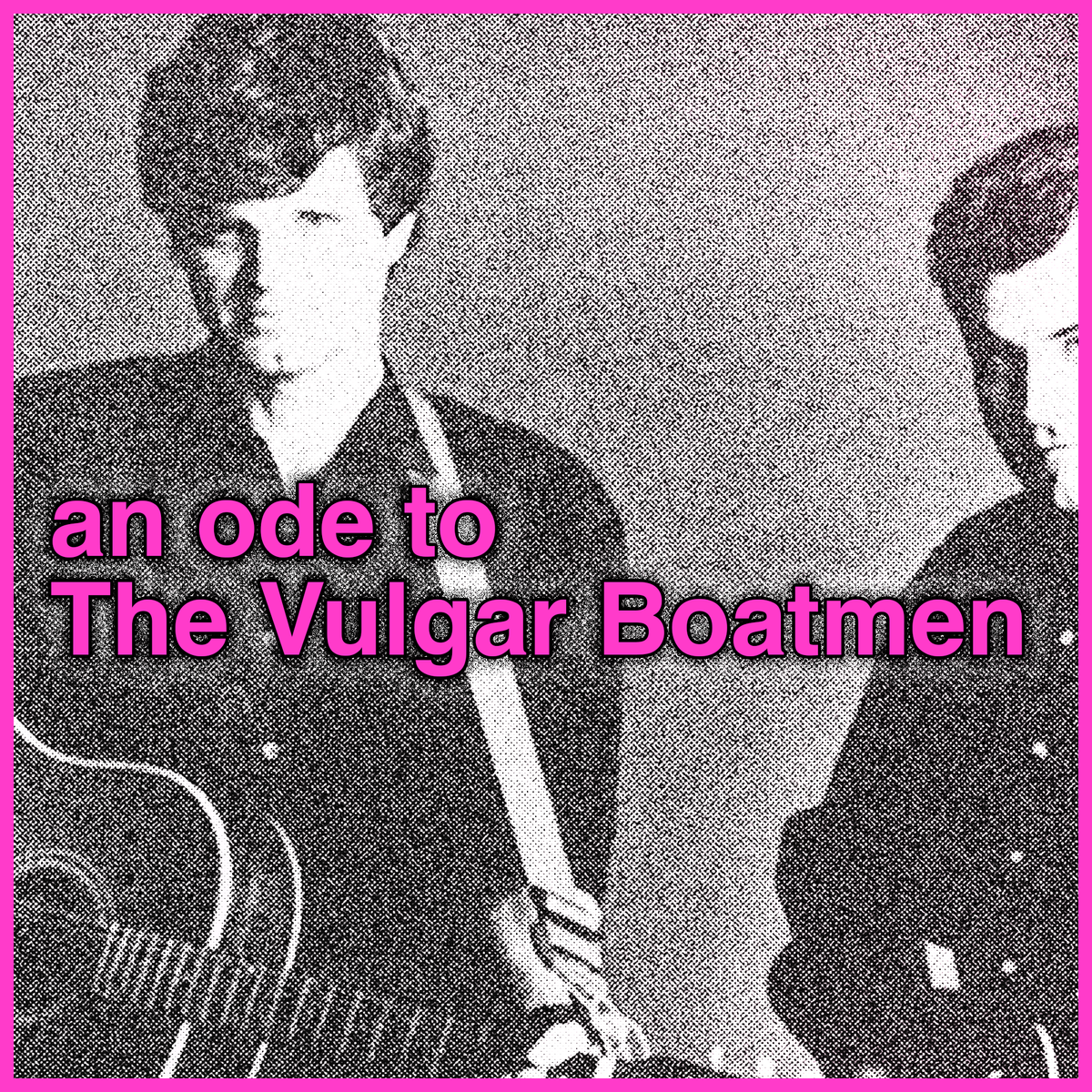
I am super excited to share a guest post today by Andrew Crowley, who publishes an amazing newsletter called Slouching Towards McDonaldland, about a band I previously didn't know, but was absolutely glad to learn more about: The Vulgar Boatmen.
Billed by Andrew as "The Postal Service before The Postal Service," the Vulgar Boatmen are a bifurcated band that operated in two different states and collaborated long-distance on songwriting starting in the early 1980s. Andrew wrote up a lovely tribute to the band, and to the enjoyment of niche artists that deserve a solid place in musical history. Let's get into it!!
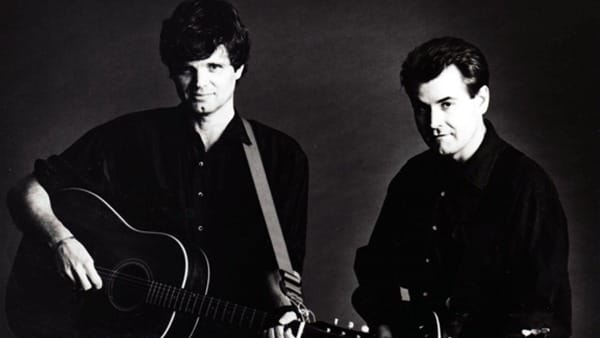
They were The Postal Service before The Postal Service. More in terms of creative process than sound. Though The Shins version of “We Will Become Silhouettes” suggests a closer relation than expected. They were even an offshoot of another band: Death Cab for Cutie in the case of The Postal Service and The Silos in the case of The Vulgar Boatmen. What a name, what a tortured pun! But what a band!
I discovered them the way I did so much music: browsing the AllMusic website and looking at bands similar to groups I already liked. I believe I first read about The Silos on Noel Murray’s wonderful Popless, an A.V. Club series in which he went through the contents of his digital music library alphabetically, assessed what he had, kept what resonated and discarded the rest. Or it might have been my Rolling Stone Album Guide or my AllMusic Guide paperback.
Wherever I first encountered them, what I read left me curious enough to delve deeper. I’m sure I looked into the other bands associated with them. They were an easy sell. I love rootsy music with elements of classic songwriting and jangly guitars. What I heard in The Vulgar Boatmen was the same stuff I loved about R.E.M.’s IRS Records tenure or The Feelies. The band they most remind me of was Miracle Legion.
I was also delighted to learn that they had an Indiana connection. Which was enough to get me on board. While I’m a transplant—I share a hometown with John Prine—I consider myself a Hoosier. I spent most of my life there, it shaped who I am and ultimately proved to be a good fit. I loved basketball before we moved there in 1992. To trot out the motto for the Indiana Basketball Hall of Fame, “In 49 other states it’s just basketball. This is Indiana.” It’s a line I use when telling a new acquaintance where I’m from.
I also love touting interesting facts about my adopted home. As Hazel Crosby, a character in Indianapolis-native Kurt Vonnegut’s Cat’s Cradle, observed, “I don't know what it is about Hoosiers. But wherever you go there is always a Hoosier doing something very important there.” That’s an example of what Vonnegut called a granfalloon: people linked by something in common whose association is ultimately meaningless. And while that may be true, I take pride in how often I can find Indiana ties wherever my travels take me.
It’s a state more influential than you’d think and it has a musical heritage other states would envy. So discovering that a band whose influences and style aligned directly with my tastes was from Indiana was quite a coup.
And an album title that seemed to be an allusion to a Chris Bell song? I never travel far without a little Big Star. They were the exact kind of group I’d play on my college radio show or slip on a mix CD.
Beyond sounding similar to some of my favorite music, the group had an emotional undercurrent that appealed to me. The lyrics are less direct, but they create sketches of characters who are often on the move or facing the normal trials and tribulations of life and love. There’s a wistfulness to it, like when you can feel the summer fading and autumn rolling in when the temperature dips and leaves begin to turn red and gold.
The band’s origins date back to the early ‘80s and the campus of the University of Florida. Walter Salas-Humara, founding member of the group, later went on to co-found The Silos, an alt-country group before the term was popularized.
That early iteration of the group released a few cassettes, but didn’t truly take form until two of the founding members left.
That’s when it became Robert Ray and Dale Lawrence’s band. The two had become friends when they met at Indiana University, where Ray received his PhD. Lawrence was a musician, a member of The Gizmos, a punk band from Bloomington, Indiana. The two had a class together.
After he completed his doctoral program, Ray returned to Florida and he and Lawrence wrote songs together through the mail by sending cassette tapes. Each contributed to the music, lyrics. The songs taking shape over a long distance conversation.
They operated two versions of the band for live performances. Lawrence’s group was called Left to Right. Eventually both performed under the Vulgar Boatmen banner. The lineup in Indiana played live more than it recorded while the Florida unit was the opposite.
When it came time for the group to record, Lawrence traveled to Ray and recorded in his home studio.
They were cult enough to eventually get a documentary made about them in 2010—Drive Somewhere: The Saga of The Vulgar Boatmen. The film runs just under an hour and features interviews with Alejandro Escovedo, Greg Kot, and Richard Buckner. The “Your favorite [blank]’s favorite [blank]” feels like a tired construction, but there may be some truth to it with this band.
I knew they were niche, but I underestimated how niche. Their monthly plays on Spotify are in the lower four figures, 3,142 as of June 3, 2024. On Twitter, I typically post “The 23rd of September” on said date, or I’ll occasionally share “You And Your Sister” or “Drive Somewhere” on social media. But when I polled people on Twitter and Instagram, roughly 75% of the respondents had never heard of The Vulgar Boatmen. That shocked me.
I wanted to be a music journalist for a variety of reasons. One of them was for the opportunity to share music I loved with other people. When I’m into an artist, I proselytize for them.
I also feel some obligation to remember musicians who are forgotten or have gone unappreciated in their career. As if I could change the trajectory of their career by getting a few more people to listen to their music. Or make their life meaningful after death because someone cared enough to listen to their life’s work.
I think we all want to leave some sort of legacy behind and fear on some level how quickly and easily our endeavors could be forgotten.
I’m not sure what mine will be, but I know part of it will be the music I shared with others, how maybe I helped them find a new favorite band. There are certainly worse things for which to be remembered and worse for which to be forgotten.
Andrew Crowley is a freelance writer and proud Hoosier living in Los Angeles. He studied journalism and music. Outside of music he enjoys film and watching his beloved Indiana Pacers. Follow him on Twitter at @FugaziTruther or at his Substack Slouching Towards McDonaldland.
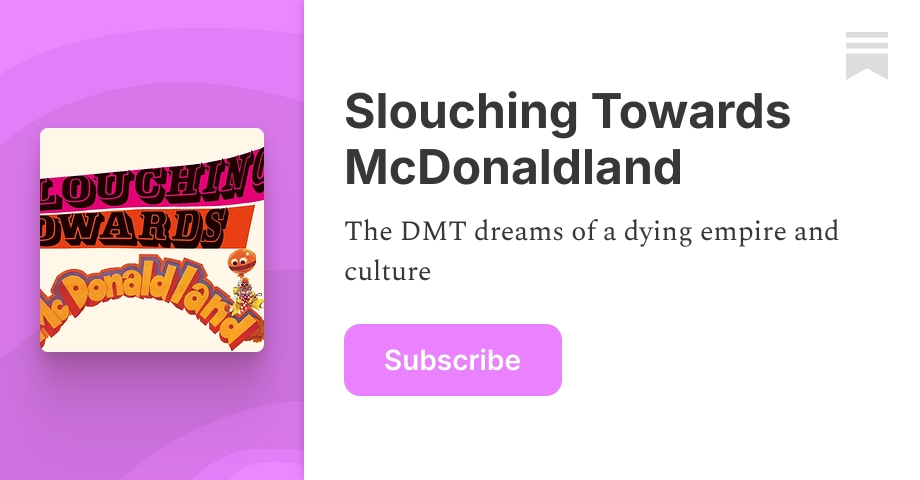
Thanks for reading I Enjoy Music! If you like it, tell a friend.
